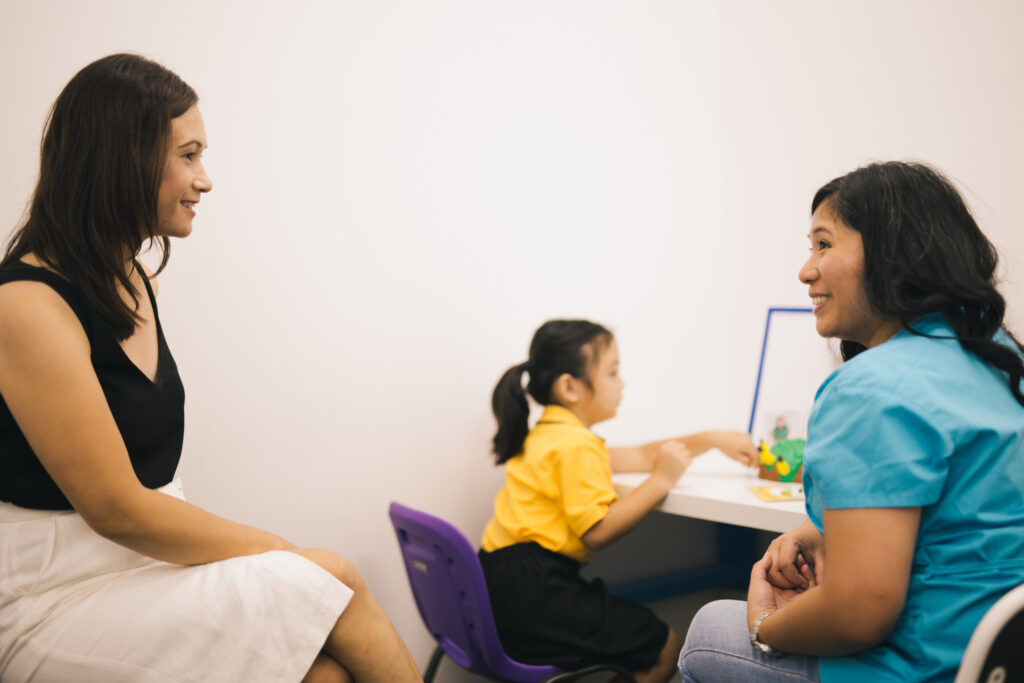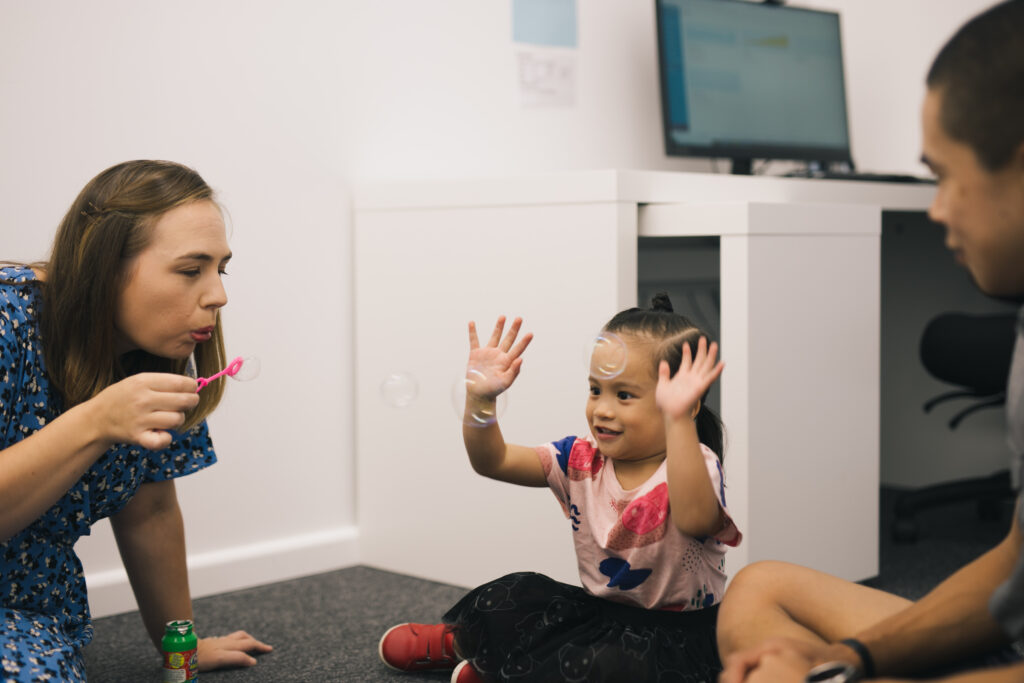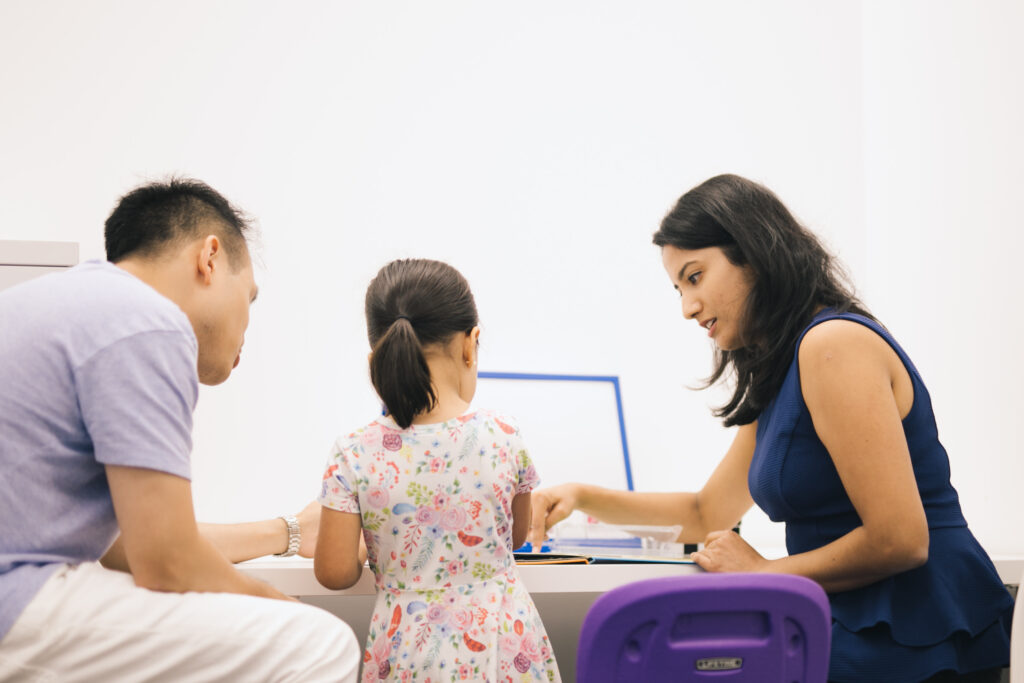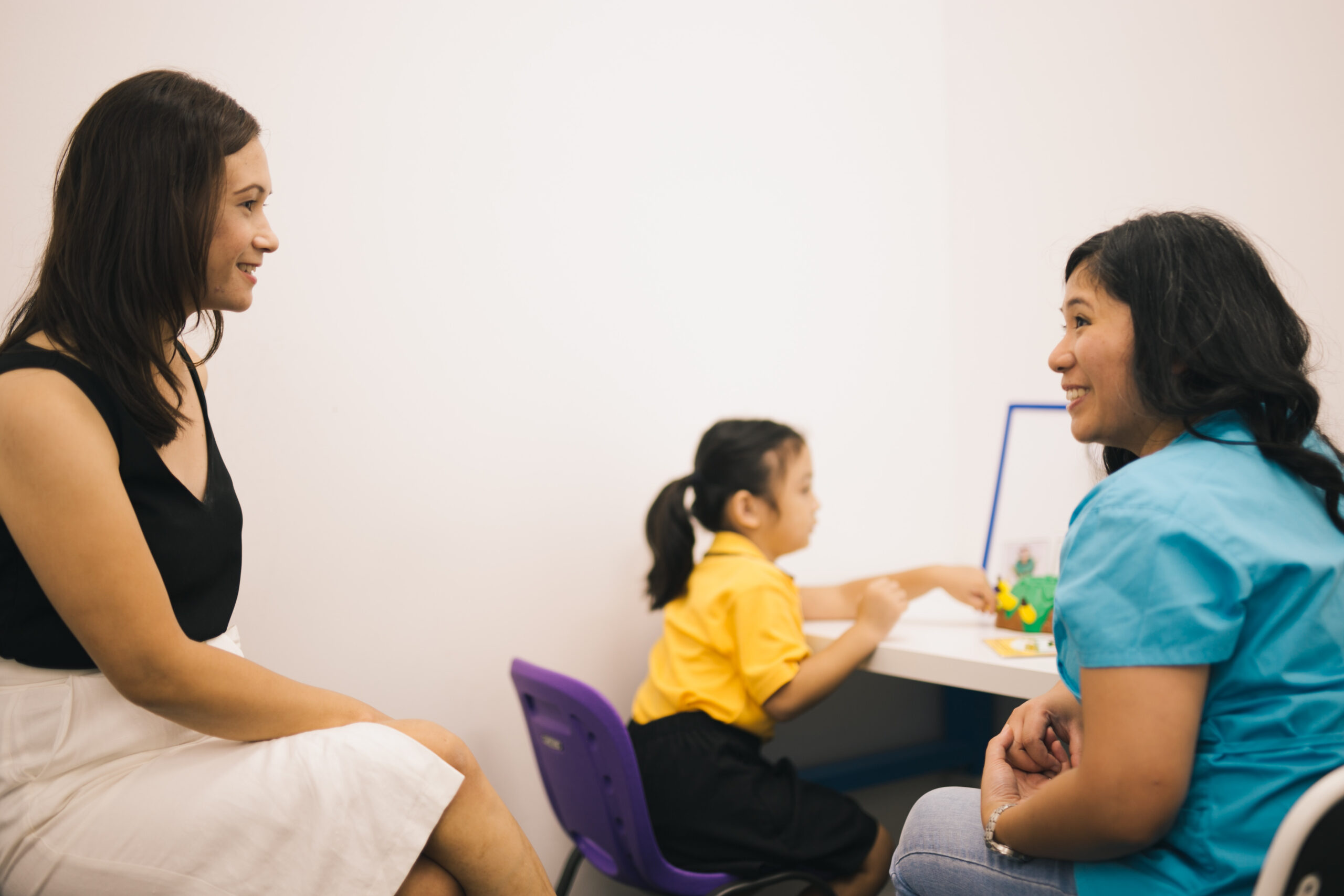
Parents always want the best for their children, and sometimes it’s easy to disregard the importance of their own culture in a country where English is the dominant language. Diversity is a huge part of what makes this country interesting!
This blog will identify some of the common myths related to bilingualism and offer some useful tips for parents, including those who may be concerned about their child’s language development.
Myth 1: If my child is having difficulty learning language, I should stick to one language.
There is no need to stick to one language only. Even if a child is learning language slower than expected, or has been diagnosed with a language disorder, cutting out a family language will not make it easier for them to learn English.
Myth 2: One parent should speak one language, so the child does not get confused.
Children are actually very good at differentiating languages and knowing who will understand them in different places. They may insert words from their stronger language sometimes – this is called ‘codeswitching.’ This is perfectly normal and does not mean they’re confused! In fact, it demonstrates a strong understanding of both languages to be able to use the words so easily.
Myth 3: Bilingual kids can’t speak as well as monolingual kids.
While it’s true that sometimes bilingual children will start to speak a little later, this does not impact their long-term language development. They just have more information to process when they are very young. By the time they start school, they are actually likely to have a stronger understanding of languages than their monolingual peers.

Why is it helpful for my child to learn both languages?
There is evidence showing that bilingual children and adults have stronger communication skills overall. They also have stronger neural networks in their brains. Some research even suggests that bilingualism reduces the impacts of dementia in those diagnosed later in life.
Another important consideration are the family relationships. Are all family members very proficient in English? In many cases, a child may have relatives – whether their own parents, or others such as grandparents overseas – who do not speak English (or do not speak it as strongly). It may be important that children maintain the family language so that they can develop these relationships. In many cases, having second language skills can open doors later in life. Consider how second language skills might open more opportunities for employment, travel, and building relationships with others.
So, if you speak more than one language at home, how can you support your child in learning to
communicate?

- Use the language you’re most comfortable with.
Children will learn best when they’re listening to a good model of the language. If English is not your strongest language, that’s okay! Hearing you communicate in the language that’s easier for you will be their best model. In a country like Australia, your child will likely get plenty of exposure to English from other places like daycare and school. - Remember that it is normal to take time to learn a new language.
While children’s brains do develop rapidly and take in new information constantly, learning a language is a lot of work. Give them some time. Try not to be alarmed if you hear things you might consider unusual, such as switching between languages in the middle of a sentence. - If you’re concerned about your child’s language development, contact a speech pathologist.
A speech pathologist will be able to identify whether your child has a language disorder or simply a language difference. A language disorder is likely to impact their communication skills in the long- term and requires support, while a language difference is likely to resolve in time (for example, a child starting school without much exposure to English may have difficulty at first, but they will generally be able to learn English and succeed with a little time).
About the author

Desiree joined the team at Western Sydney Speech Pathology in August 2017. She is our primary liaison for our “Student Clinic Program” that allows us to provide quality training for future speech pathologists as well as offer our community greater access to our services. Desiree is passionate about working with children from bilingual families and has completed additional qualifications to gain a better understanding of the language abilities of bilingual children.
